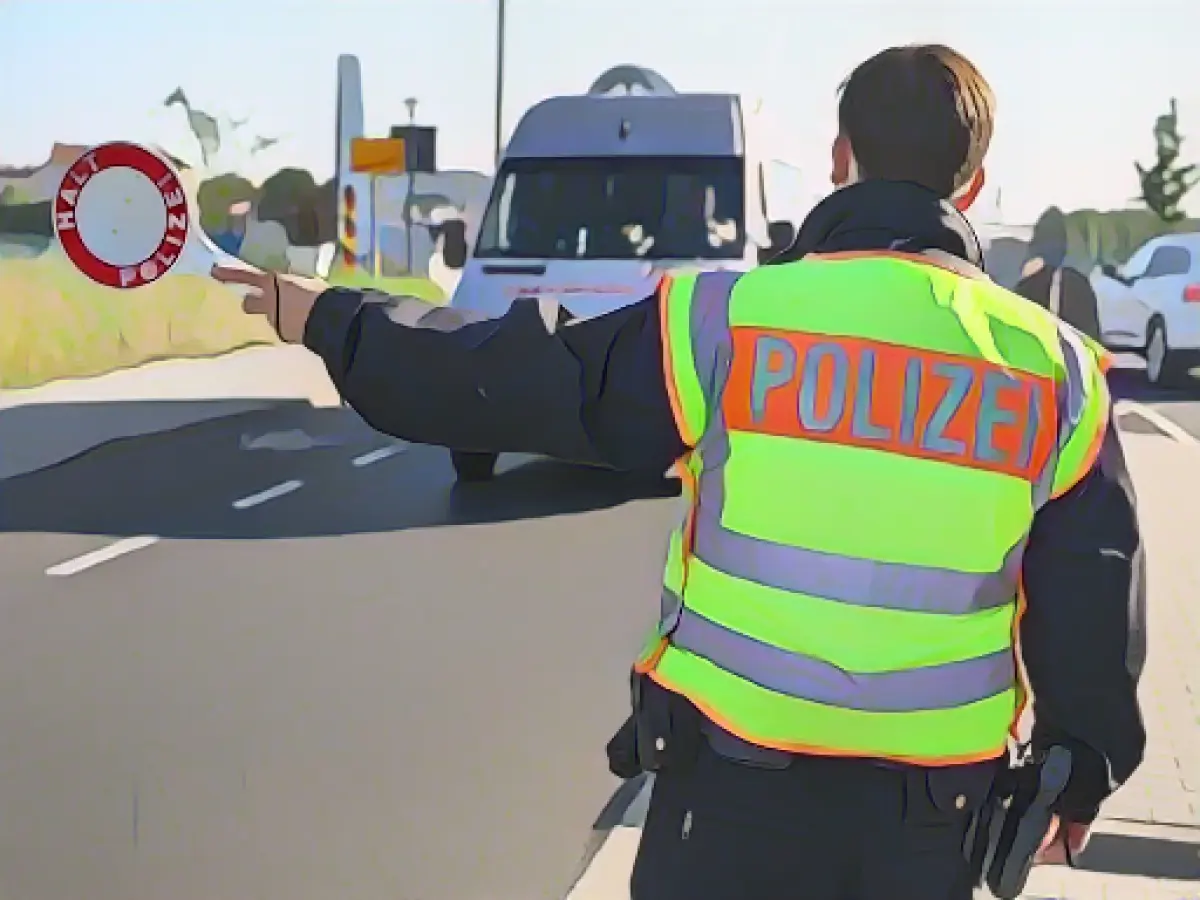Inside Scoop: Border Controls Curbing Refugee Flows
Speaking on a local radio program, Brandenburg's Interior Minister, Michael Stübgen, applauded the success of the permanent border controls between Brandenburg and Poland. The number of refugee registrations dropped from over 1900 in September to fewer than 200 in November. According to Stübgen, this decline is due to the effective border controls enforced by the federal police, leading to numerous smuggler arrests and vehicle seizures.
In an update on the RBB program "Brandenburg aktuell," Stübgen explained that the federal police do not conduct continuous checks at every border crossing but rather adapt their approach to the situation. They target areas with high smuggler activity, where they boast considerable success.
The smuggling organizations seem to be adopting a cautious strategy, taking a breather following several recent arrests and vehicle confiscations. Stübgen acknowledged the impact of the losses, which have forced smugglers to scale down their operations temporarily.
However, the Interior Minister is not a proponent of making the border controls a lasting feature. In his view, Europe's free-flowing borders, without controls, are a cherished concept. The German government, he suggested, should advocate for reforms in the Schengen system at an European level, considering the current state of affairs.
Shedding Light on Border Controls
Germany's decision to employ permanent border controls has sparked heated debates nationally and at the European level. While some parties, like Germany's Interior Minister, hail the controls' success in curbing irregular migration and impeding smuggling networks, others argue that they may have unintended consequences.
For instance, Luxembourg plans to file a complaint with the European Union Commission on Germany's prolongation of internal border controls, claiming that they are not an effective deterrent against potential attacks and could potentially do more harm than good. Critics also express concerns about the human rights implications of these controls, citing the risk of increased violence and marginalization among migrants and asylum seekers.
In this context, the impact of border controls on smuggling organizations is a subject of ongoing debate. Some experts believe that while they may successfully disrupt smuggling operations, they can inadvertently drive illegal activities underground, making them harder to monitor and control.
Ultimately, the implications of implementing permanent border controls are complex and nuanced, and policymakers must carefully weigh the dual objectives of security and humanitarian concerns to devise a comprehensive and balanced approach.








